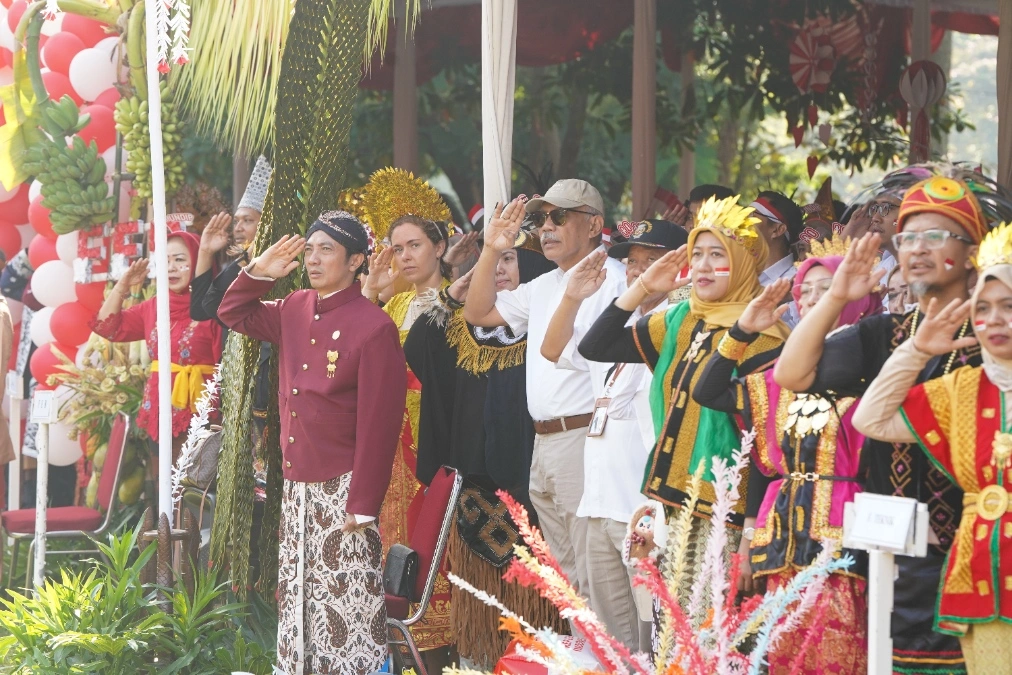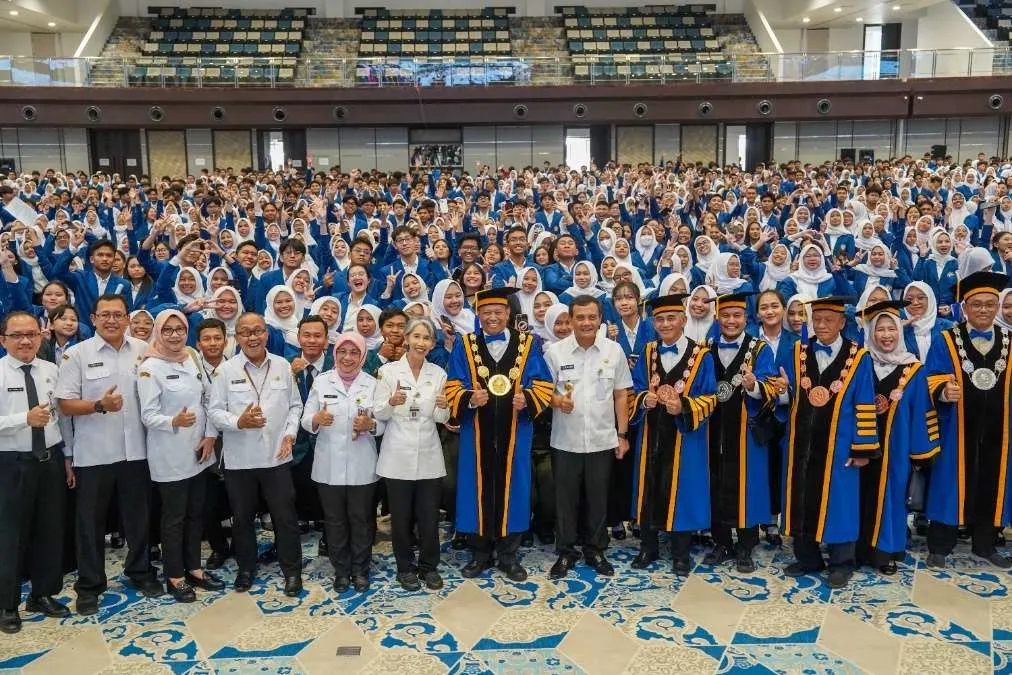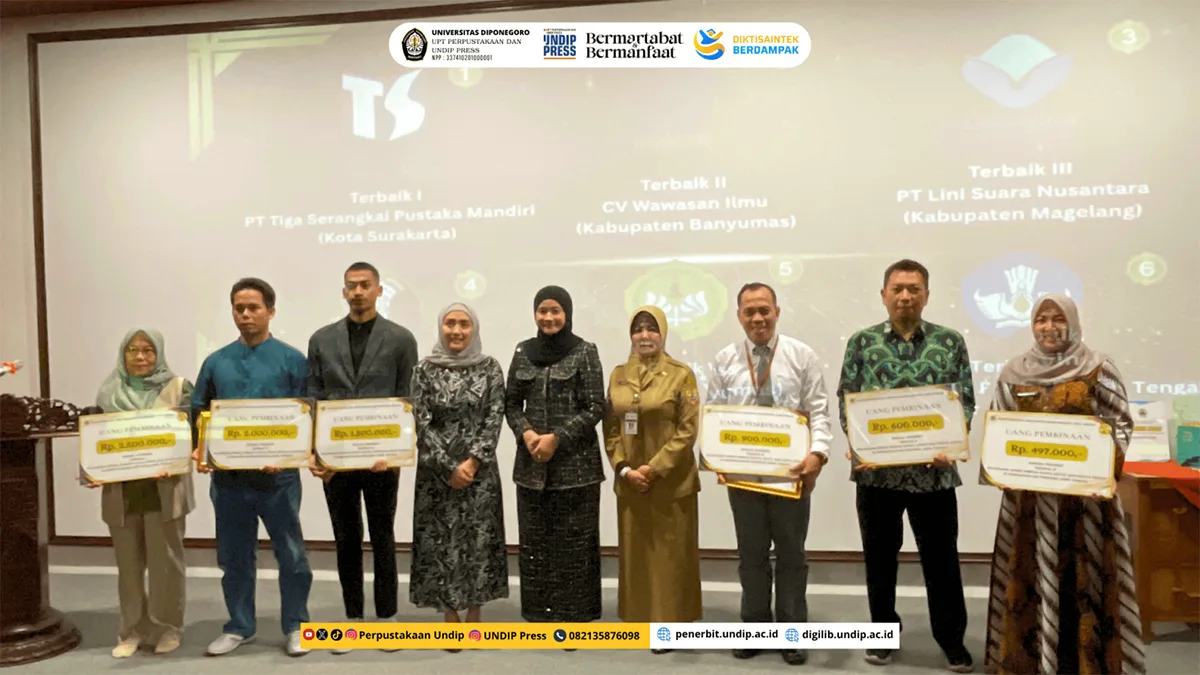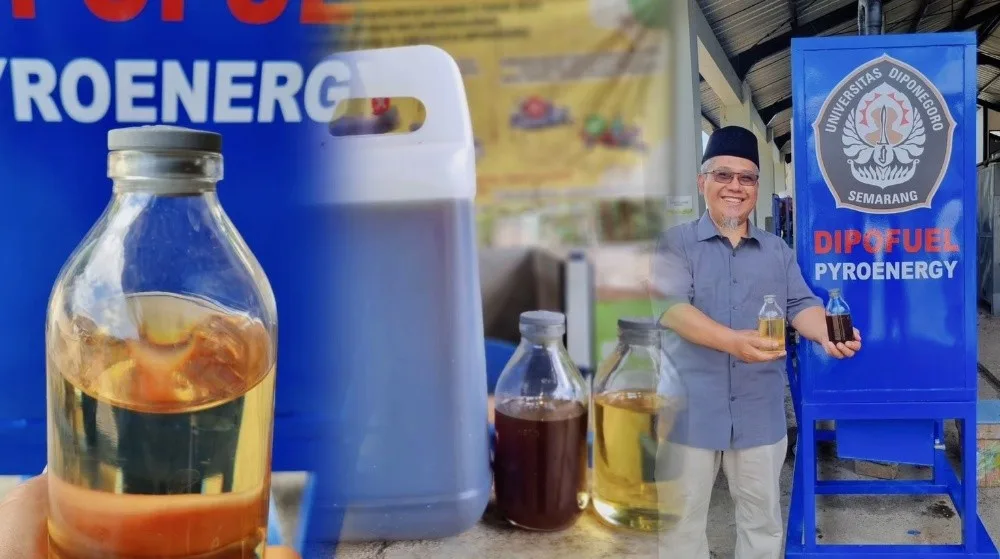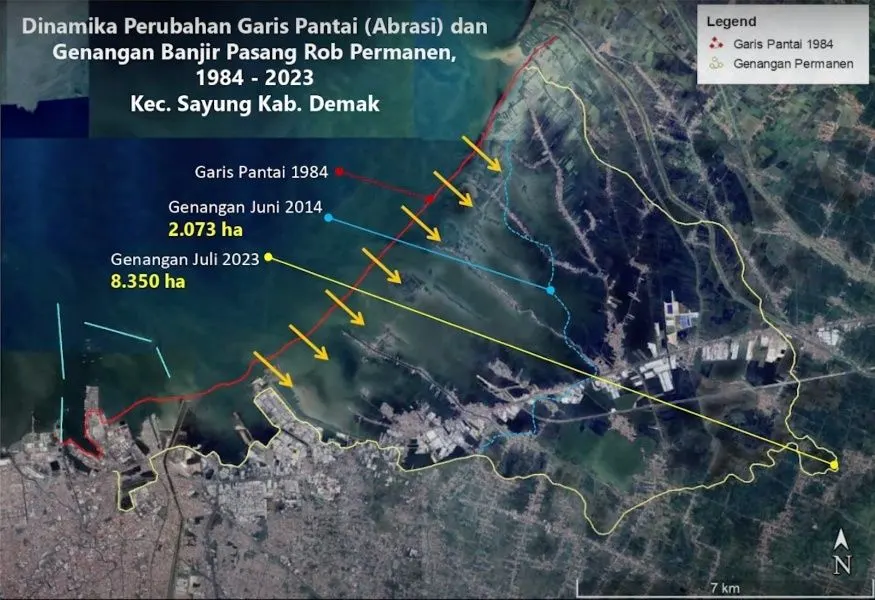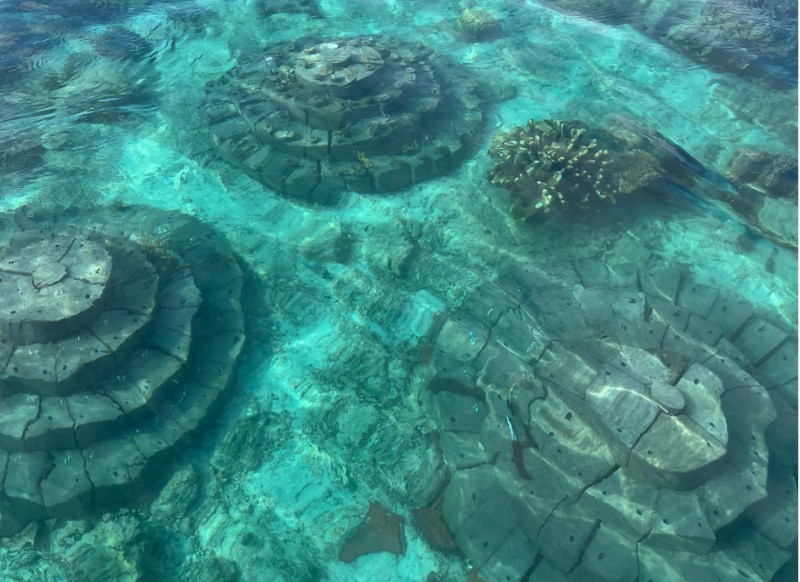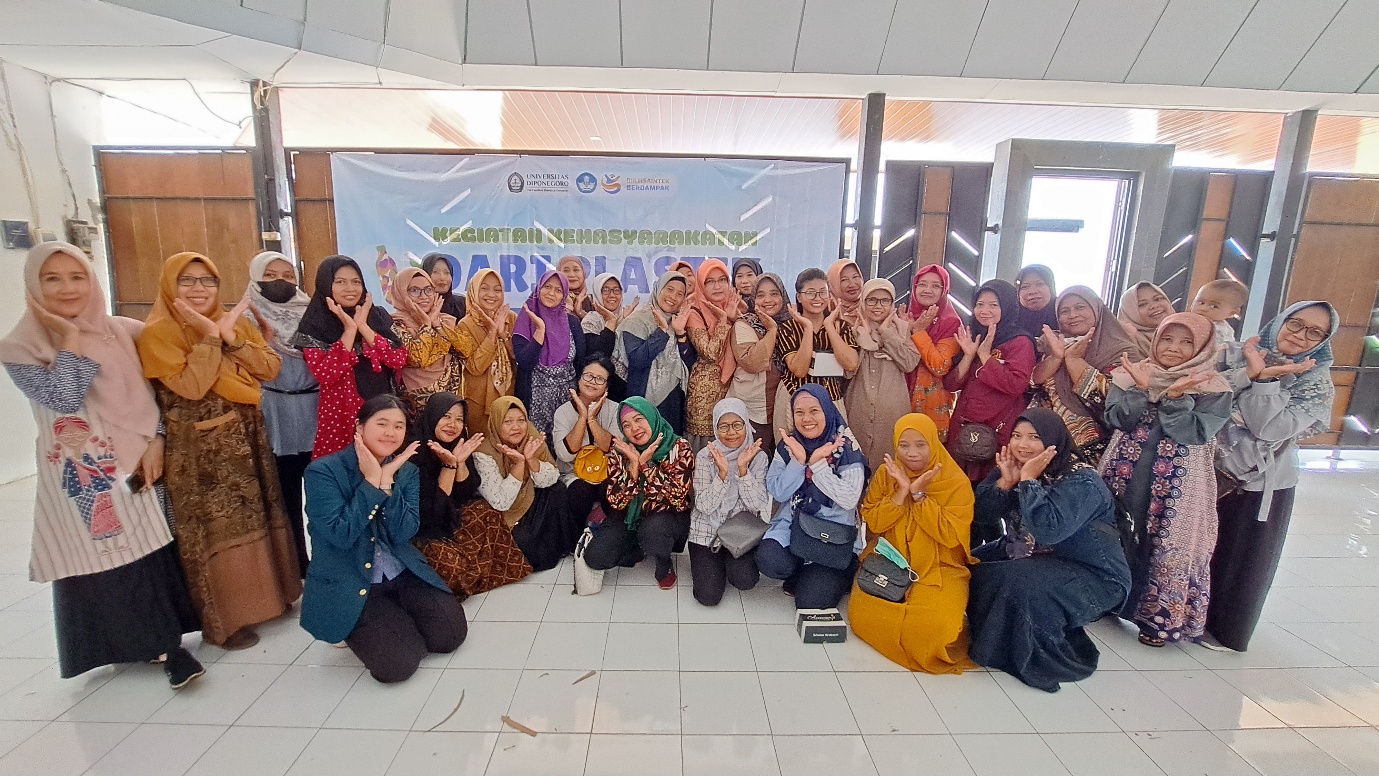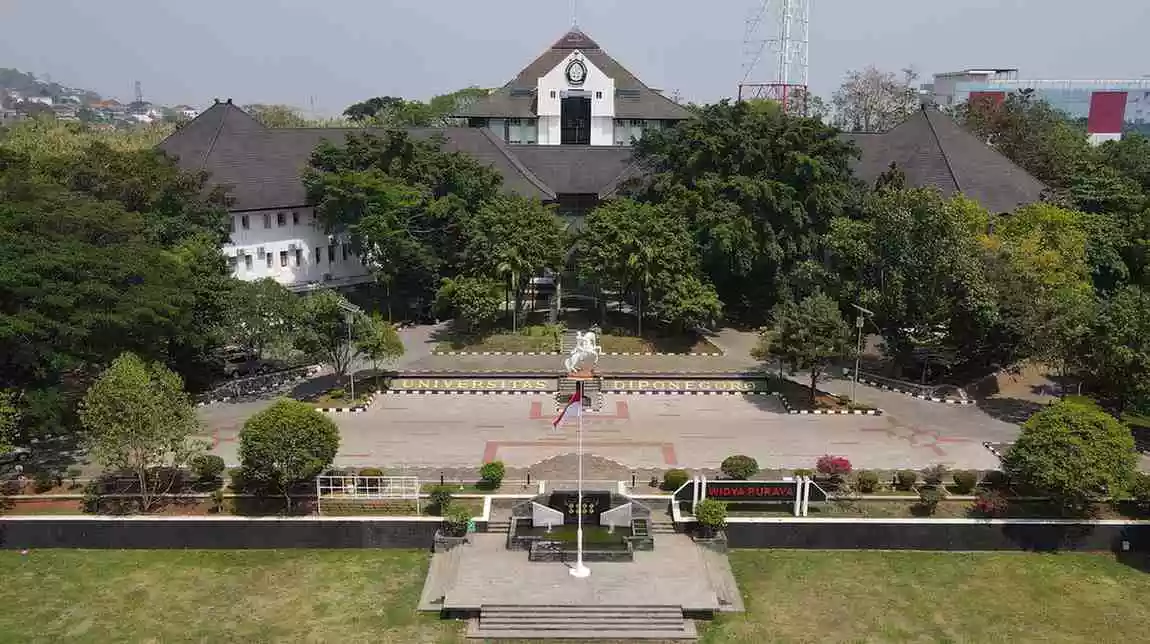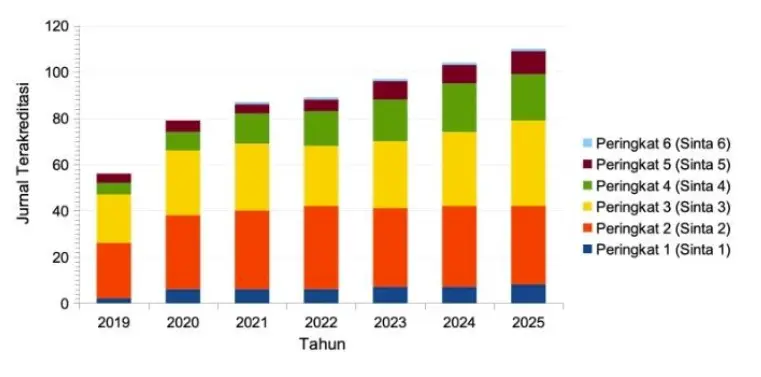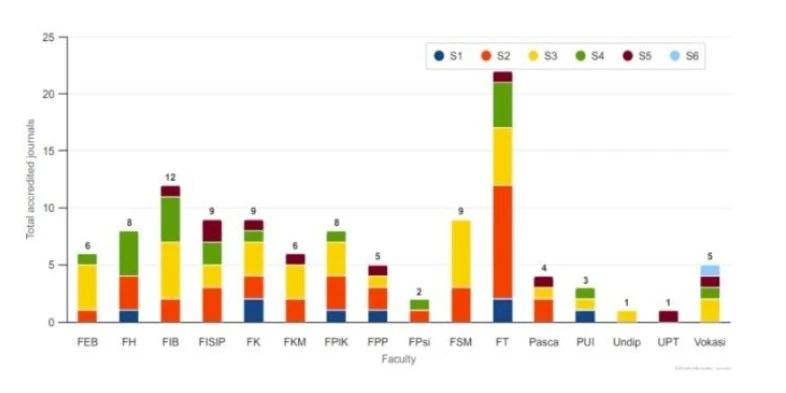UNDIP, Semarang (April 4) – Universitas Diponegoro (UNDIP) continues to demonstrate its excellence in academia and research. As of March 2025, a total of 110 scientific journals published by UNDIP have been accredited by ARJUNA, including 8 journals that achieved the highest accreditation level, Sinta 1. This achievement underscores UNDIP’s commitment to maintaining high standards in both journal management and scholarly content at national and international levels.
This result is based on the Decree of the Director General of Higher Education, Research, and Technology No. 10/C/C3/DT.05.00/2025, dated March 21, 2025, regarding the Accreditation Rankings of Scientific Journals for the First Period of 2025. The UNDIP Institute for Research and Community Service (LPPM UNDIP) congratulates the 32 UNDIP journals and their editorial teams for achieving new accreditations and maintaining existing ones. Among them, seven journals improved their accreditation levels, six received new accreditations, and nineteen successfully maintained theirs.
According to the National Journal Accreditation Guidelines (ARJUNA), journal accreditation is ranked using the Sinta system, from S1 (highest) to S6. Among the 32 UNDIP journals accredited this period, four received the top S1 ranking: Journal of Biomedicine and Translational Research (JBTR), Nurse Media Journal of Nursing (NMJN), ILMU KELAUTAN: Indonesian Journal of Marine Sciences (IJMS), and Bulletin of Chemical Reaction Engineering & Catalysis (BCREC).
Six journals were awarded S2: Jurnal Sejarah Citra Lekha, Indonesian Journal of Oceanography, Interaksi: Jurnal Ilmu Komunikasi, Jurnal Anestesiologi Indonesia, Politika: Jurnal Ilmu Politik, and Diponegoro Law Review. The remaining twenty-two journals were ranked S3 to S5.
The accreditation process evaluates journals based on ARJUNA’s standards, which include journal management and content quality. Journals must meet management standards such as website content clarity (publisher information, publication ethics, editorial team, author guidelines), use of primary references, publishing consistency, and an online editorial process. They must also meet content quality standards, including consistent formatting and high-quality scholarly articles.
Following the first accreditation period of 2025, UNDIP now has 110 accredited journals published by its faculties, schools, research centers, and institutions. The breakdown is: 8 journals with S1 accreditation, 34 with S2, 37 with S3, 20 with S4, 10 with S5, and 6 with S6.
UNDIP journals accept scientific articles from both national and international researchers across various disciplines, including engineering and technology; computer science, information, and mathematics; law, social sciences, and humanities; natural sciences and environment; health and medicine; economics, business, and management; agriculture, food, and livestock; as well as shipping, marine, and fisheries. Detailed information is available on the UNDIP journal portal.
Commenting on this achievement, UNDIP Rector Prof. Dr. Suharnomo, S.E., M.Si. said that reaching 110 accredited journals marks a significant milestone in UNDIP’s journey as an internationally recognized research university. UNDIP believes the strength of a university lies in its contribution to knowledge creation and its dissemination through credible and reputable scientific publications.
“Improved journal accreditation reflects not only the quality of governance and scholarly content but also the strong, collaborative academic culture within UNDIP. We highly appreciate the dedication and hard work of all journal editors and will continue to strengthen the research and publication ecosystem to enhance UNDIP’s prestige and contribution to the nation and the world,” said Prof. Suharnomo.
Meanwhile, Vice Rector IV for Research, Innovation, Collaboration, and Public Communication, Wijayanto, Ph.D., stated, “We are proud of the achievement of 110 accredited journals, including 8 ranked at the highest level, Sinta 1. This success is the result of a long and collective effort involving editors, editorial teams, reviewers, and authors. LPPM has consistently provided intensive support through training, governance audits, content clinics, and technical assistance.”
He added, “UNDIP is not only focused on national accreditation but is also pushing its journals toward international recognition. This effort aligns with our vision to position UNDIP as a center of excellence in inclusive, credible, and reputable research and scientific publication.”
This accreditation milestone is the result of the persistent efforts of journal managers to improve governance quality and the content of their published articles. Through LPPM, UNDIP continues to support journal publishers via training and mentoring programs aimed at increasing the number and quality of ARJUNA-accredited journals—whether gaining new accreditation, maintaining, or improving their ranks. LPPM UNDIP also provides guidance to enhance governance quality toward achieving indexation in Scopus and Web of Science. (LPPM Journal Team – Ed. NH)


